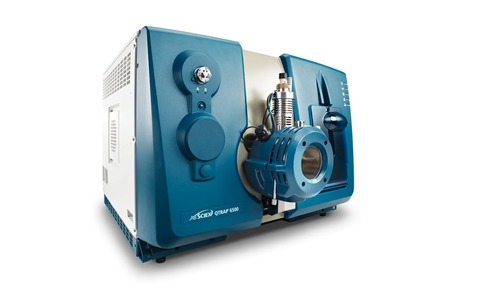
AB SCIEX has launched its MPX TF 1.0 software to accelerate drug screening with accurate mass-based technology.
The software is designed to deliver faster turnaround times, increased sample throughput and lower costs compared to single-stream, mass spectrometry (MS) methods.
AB Sciex claims that through its use, researchers will be able to increase throughput by as much as twofold.
This is made possible by enabling the use of two parallel liquid chromatography streams. The ability to stagger chromatographic runs while collecting sample data allows the use of instrument ’dead time’ to increase the number of samples run in a given time period and enables identification of more compounds in a shorter period of time.
By combining the MPX software with the AB SCIEX TripleTOF 4600 accurate mass system to produce reliable data for a large number of compounds, it is claimed that researchers will be able to do more in less time compared to single-stream MS methods, while significantly reducing rates of false positives and false negatives, thanks to LC separation of potential interferences and the enhanced specificity of high-resolution accurate mass technology.
Among the researchers who are using accurate mass technology today is Dr. Kara Lynch, PhD. from the University of California, San Francisco (UCSF).
She uses a TripleTOF platform to identify unknown compounds, complementing the targeted analysis she does with triple quadrupole instrumentation. “As the list of drugs and their metabolites are always changing, the value of high resolution, accurate mass technology is identifying unknowns with high specificity,” said Dr. Lynch.
“Accurate mass-based analysis with a TripleTOF system helps identify compounds that could be missed in a targeted approach if a certain drug is not in the original method. Furthermore, with this technology, you are able to re-interrogate the data at a later date to answer new questions, without needing to re-run the samples.”
By applying MS/MS on an accurate mass system, clinical researchers can take advantage of the enhanced specificity of compound-specific MS/MS fragmentation. This enables more confident compound identification, including ID of unknown compounds, such as new ‘designer’ drugs.




